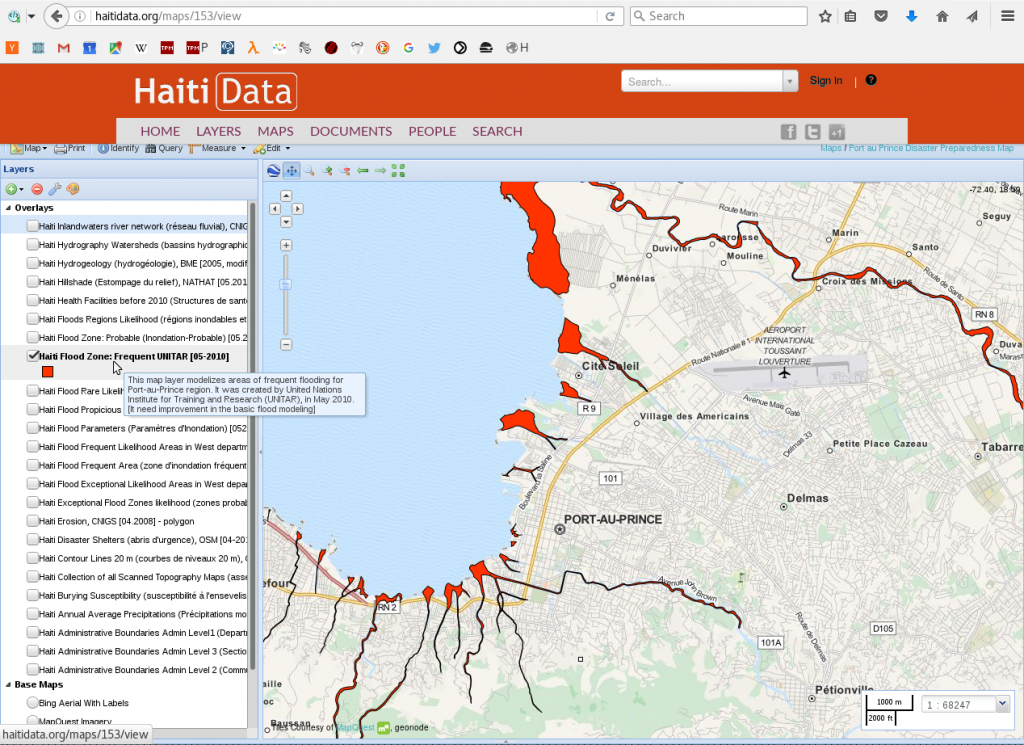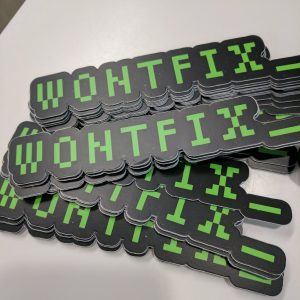 Open source is a broad term that encompasses many different types of projects. There is a wide range of open source approaches, and sometimes it helps to think through how your open source approach matches your goals, resources, and environment. In many places we look, we see open source used as a catch-all term to refer to every project. We don’t have a common vocabulary to discuss open source in ways that take account of important differences.
Open source is a broad term that encompasses many different types of projects. There is a wide range of open source approaches, and sometimes it helps to think through how your open source approach matches your goals, resources, and environment. In many places we look, we see open source used as a catch-all term to refer to every project. We don’t have a common vocabulary to discuss open source in ways that take account of important differences.
OTS prepared a field guide to open source project archetypes with Mozilla that is a first step in addressing that problem. The report catalogs a number of open source archetypes we observe around the community. OTS and Mozilla have found these archetypes to be a useful resource when crafting strategy, weighing tradeoffs, and committing support to open source endeavors. Today, we share the results of this work with the community. Continue reading “Field Guide To Open Source Project Archetypes”



